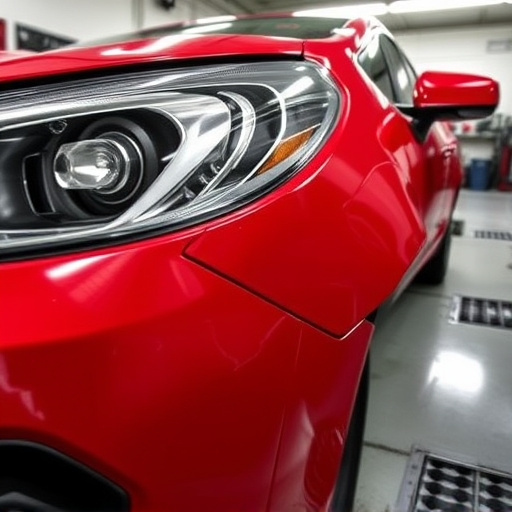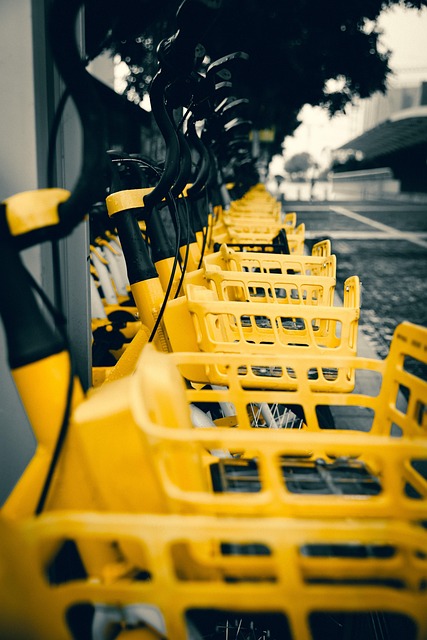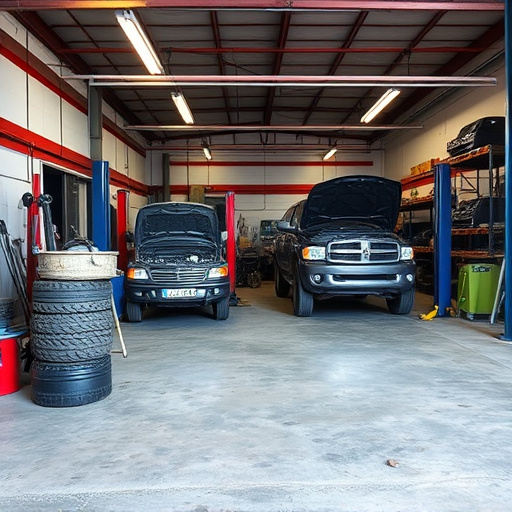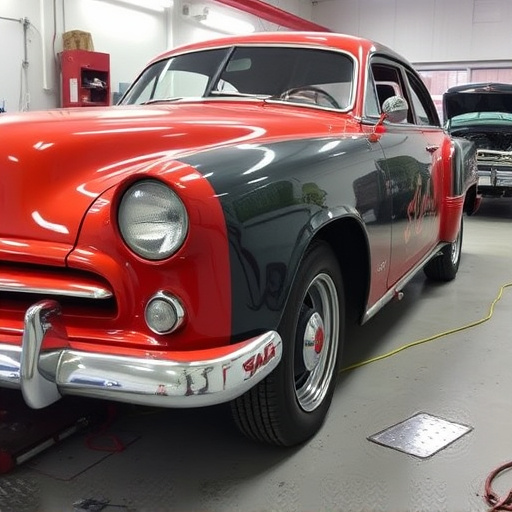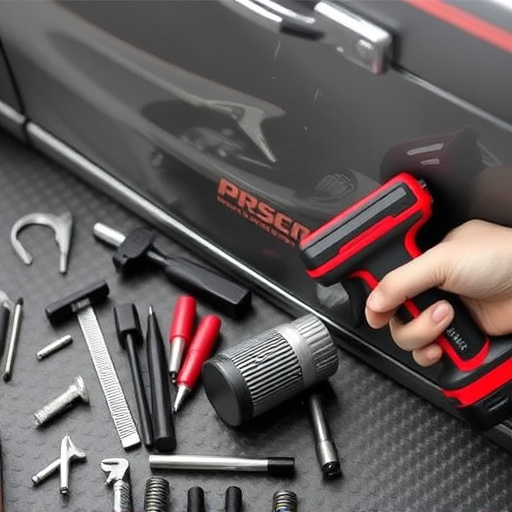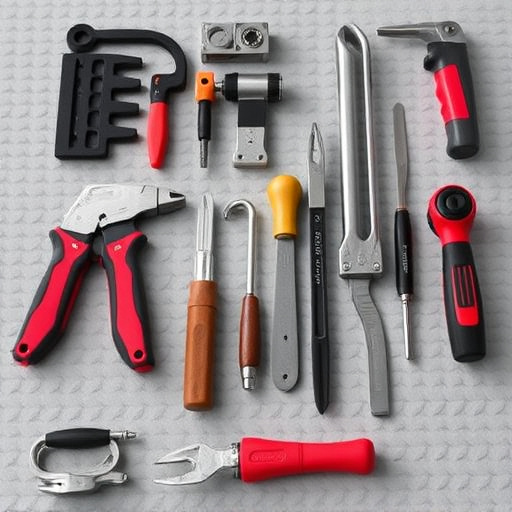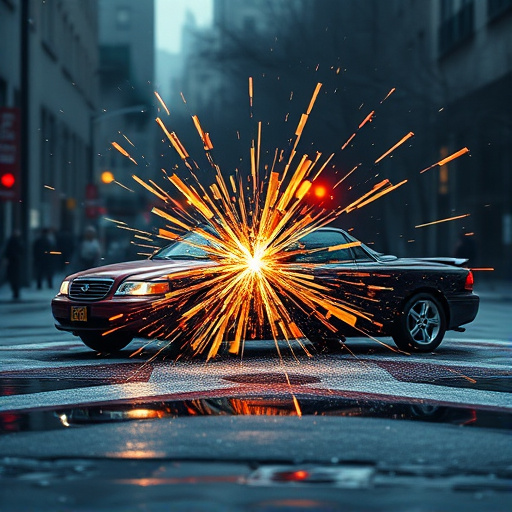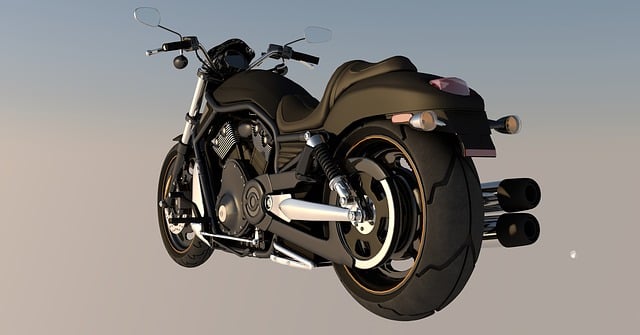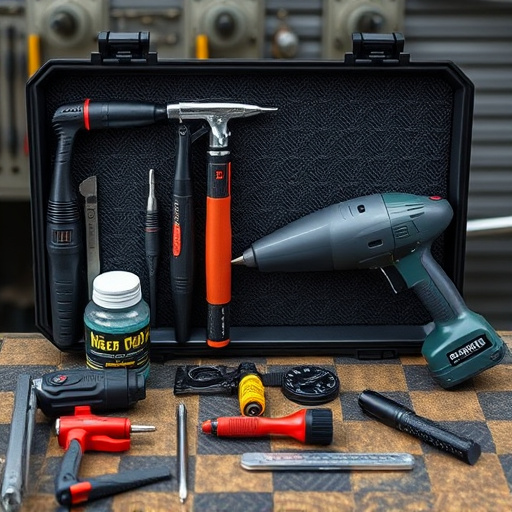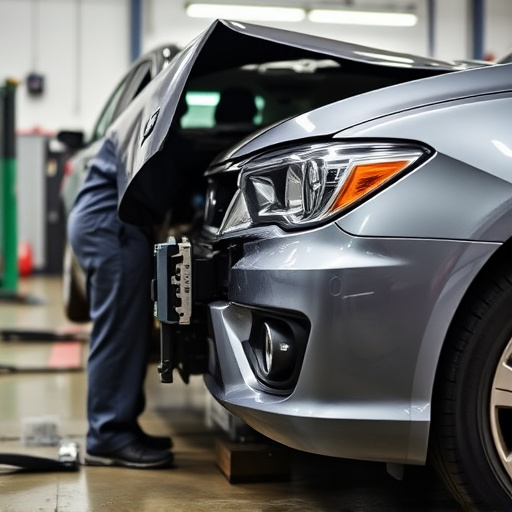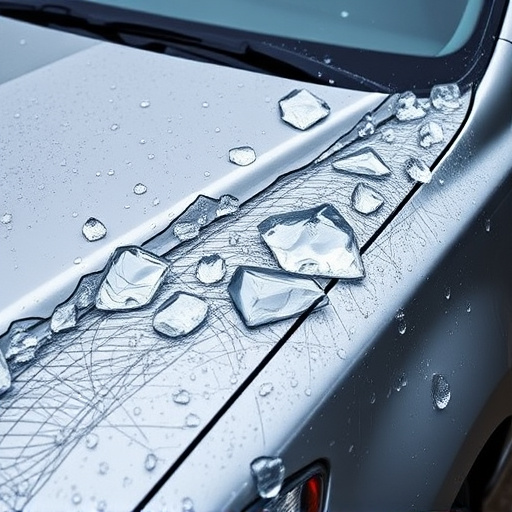The evolution from analog to digital measuring systems has revolutionized industries such as car body restoration and scratch repair by offering unprecedented accuracy, efficiency, and real-time data, thus minimizing human error. Digital tools like laser measures and 3D scanners provide precise calculations crucial for tasks requiring detail, notably in vehicle paint repair, where they enable swift damage assessment, progress tracking, and seamless results, ultimately leading to cost savings and faster turnaround times while meeting modern automotive demands. Across various sectors, including manufacturing and healthcare, digital measuring systems enhance quality control, safety, and efficiency through microscopic precision and real-time data delivery.
In an era driven by data, accurate measurement is paramount. This article explores why digital measuring systems are transforming industries from science to manufacturing. We delve into the evolution of measurement, tracing the shift from analog to digital, and uncover the profound advantages these systems offer in terms of precision and efficiency. From laboratory research to construction sites, discover real-world applications where digital measurements drive better outcomes and foster innovation.
- The Evolution of Measurement: From Analog to Digital
- Advantages of Digital Measuring Systems for Precision and Efficiency
- Real-World Applications: Where Digital Measurements Make a Difference
The Evolution of Measurement: From Analog to Digital

The evolution of measurement technology has been a remarkable journey from analog to digital systems. In the past, traditional analog measuring tools, such as tape measures and calipers, were the primary means of gauging dimensions and quantities. These methods relied on human interpretation and precision, often leaving room for error and inconsistencies.
With advancements in technology, digital measuring systems have emerged as a game-changer. Digital devices, including laser measures and 3D scanners, offer unparalleled accuracy and efficiency. They provide immediate, real-time data, eliminating the need for manual calculations and minimizing human errors commonly associated with analog measurements. This shift towards digital has revolutionized various industries, such as car body restoration (mercedes benz repair) and car scratch repair, where precise measurements are crucial for achieving flawless results.
Advantages of Digital Measuring Systems for Precision and Efficiency

Digital measuring systems have revolutionized various industries, including automotive care, by offering unparalleled precision and efficiency in measurement. These advanced tools are a far cry from traditional methods, where human error was a constant concern. With digital technology, measurements are not just taken but analyzed and displayed accurately, ensuring every detail is accounted for. This advantage is particularly crucial in tasks like car body restoration or vehicle dent repair, where precise calculations determine the success of the repair.
In the realm of vehicle paint repair, for instance, digital measuring systems enable technicians to quickly assess damage, track progress, and achieve seamless results. The efficiency gained from these systems translates to cost savings and faster turnaround times, meeting the high demands of modern automotive services. This technology is a game-changer, ensuring every car body restoration or paint job is executed with meticulous care and accuracy.
Real-World Applications: Where Digital Measurements Make a Difference

In various industries, digital measuring systems have become indispensable tools for achieving precise results, and their applications are vast and varied. From manufacturing and construction to healthcare and automotive sectors, accurate measurements are crucial for quality control, safety, and efficiency. For instance, in auto maintenance and collision repair, digital measuring systems enable technicians to assess damage with microscopic precision, ensuring that every part is restored to its original specifications after a car accident or scratch repair.
These advanced tools offer real-time data and precise calculations, allowing professionals to make informed decisions quickly. In car collision repair, for example, digital measurements help determine the extent of structural damage, guiding the repair process and ensuring the vehicle’s safety and performance after repairs are completed. Similarly, in auto detailing and scratch repair services, digital measuring systems can detect subtle variations in paint thickness, enabling technicians to restore cars to their pre-damage condition with exceptional accuracy.
Digital measuring systems have revolutionized precision and efficiency across various industries. By transitioning from analog methods, we’ve entered an era where data accuracy and real-time analysis are achievable. These systems offer unparalleled benefits, from minimizing human error to providing instant feedback, making them indispensable tools for achieving consistent and reliable results in today’s technological landscape.
